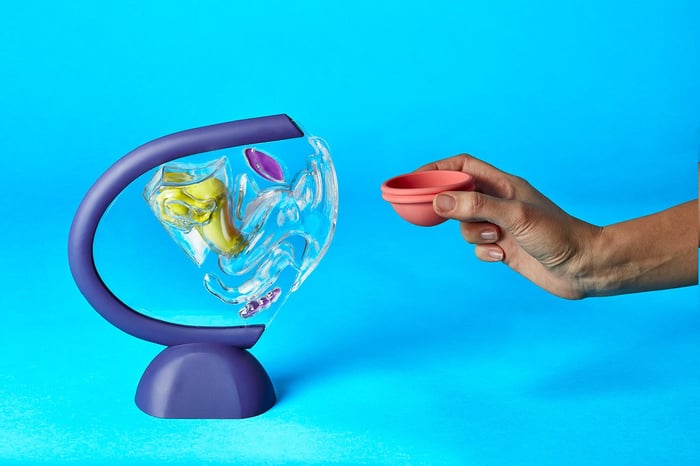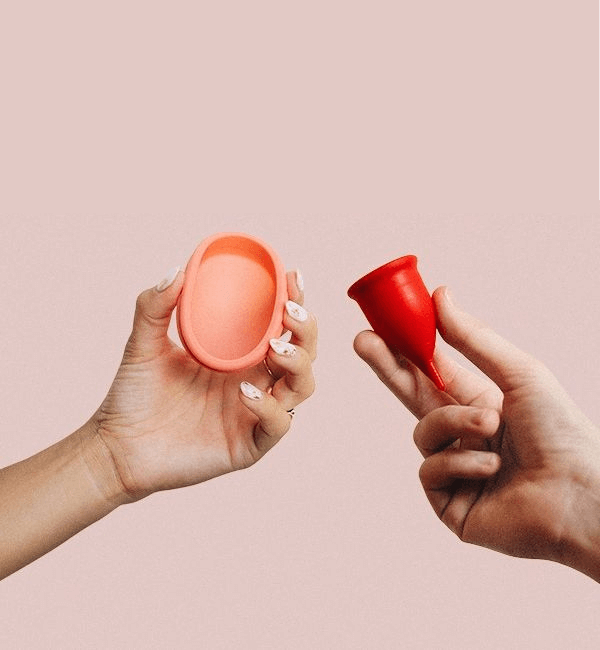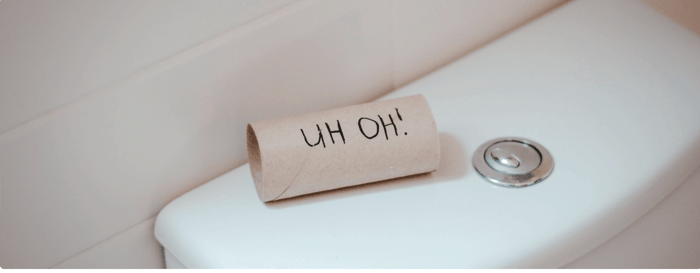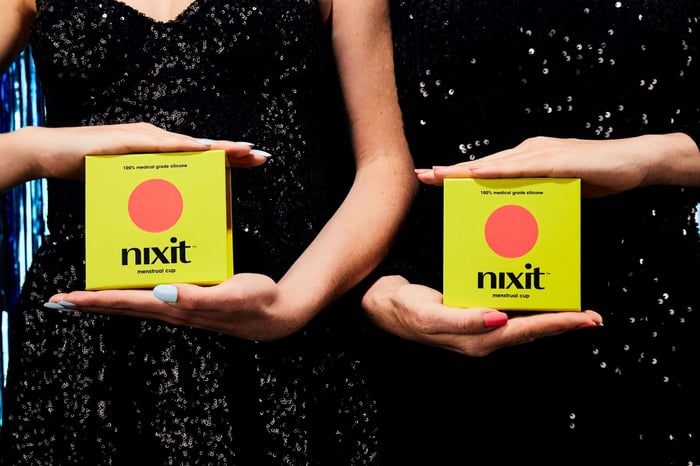In a world where we are spoiled for choice with period products, the universe (aka the internet) sometimes sends you information to simplify your decision-making. This article isn’t from the universe, but it’s from us to you - to simplify reusable menstrual discs!
Whether you’re a young teen who has just had your first period, or someone who has been menstruating for decades, you deserve to have hassle-free menstrual cycles. And the best way to do this is to know exactly what you need, and what you’re getting out of your period product.
We know that it can be confusing since some people call nixit a cup and others refer to it as a disc. The quick and easy answer is that it’s recognized by the FDA and Health Canada as a menstrual cup (a device that collects menstrual fluid), so that’s what we call it.
We know that due to where it sits (in your vaginal fornix, just below the cervix) lots of people refer to it as a reusable menstrual disc. For the purposes of this article, let’s call it a disc. We’ll refer to traditional cone-shaped menstrual cups as ‘menstrual cups’ to make things simple.
However, don’t worry too much about the details or the naming, as long as you’ve got the right product for you!
Let’s start with the basics.
What is a menstrual disc?
Unlike tampons and regular menstrual cups that sit in your vaginal canal, a menstrual disc sits at the base of your cervix - that is, at the end or top of your vaginal canal. Something like this:

Discs are held in place by your pubic bone, causing them to stay snuggly place for an extended period of time.
How does a menstrual disc differ from a menstrual cup?
There are quite a few differences, and you can read about these more comprehensively in our menstrual cup comparison chart.
In essence,
- Menstrual discs hold a larger amount of fluid than traditional cups - almost twice the amount.
- They leave the vaginal canal free, allowing for mess-free period sex.
- Menstrual discs are held in place by your anatomy, while menstrual cups are held in place by suction.
- Sizing differences: because of the location in which menstrual cups sit, it’s essential that they are the perfect size for you. Discs, on the other hand, can fit a multitude of different body types just being one size. That means that it doesn’t matter how old you are, or how many kids you’ve had - you can still get the most out of a single disc, without having to shop around for sizes.
- The insertion and removal of the two products greatly differ. To insert a cup, you need to try a few folds to figure out what works best for you. Once inserted, the cup forms a seal (suction) which needs to be broken for removal. Discs, on the other hand, use a standard method of insertion and removal. No different kinds of folds, no need to create a seal to avoid leakage. That means no need to break the seal either!
Which is the perfect one for you?
Well, that depends on what you want out of your period product.
If you want a suction-free product, your vaginal canal free, and no need to fret about sizing and fit, you’re probably better off with a disc!
Here’s the thing, though. Most menstrual discs are single-use, made to be disposed of after one use. This is where we come in. Here at nixit, we firmly believe in sustainability and reducing our environmental impact. That's why we designed the best reusable menstrual disc on the market. That means no wastage during your period for up to 5 years. Pretty cool, right?
All in all, menstrual discs offer convenience that menstrual cups just can’t. However, it’s important to make the choice that’s best for you. We recommend giving the nixit menstrual disc a try, we don’t think you’ll ever look back!




